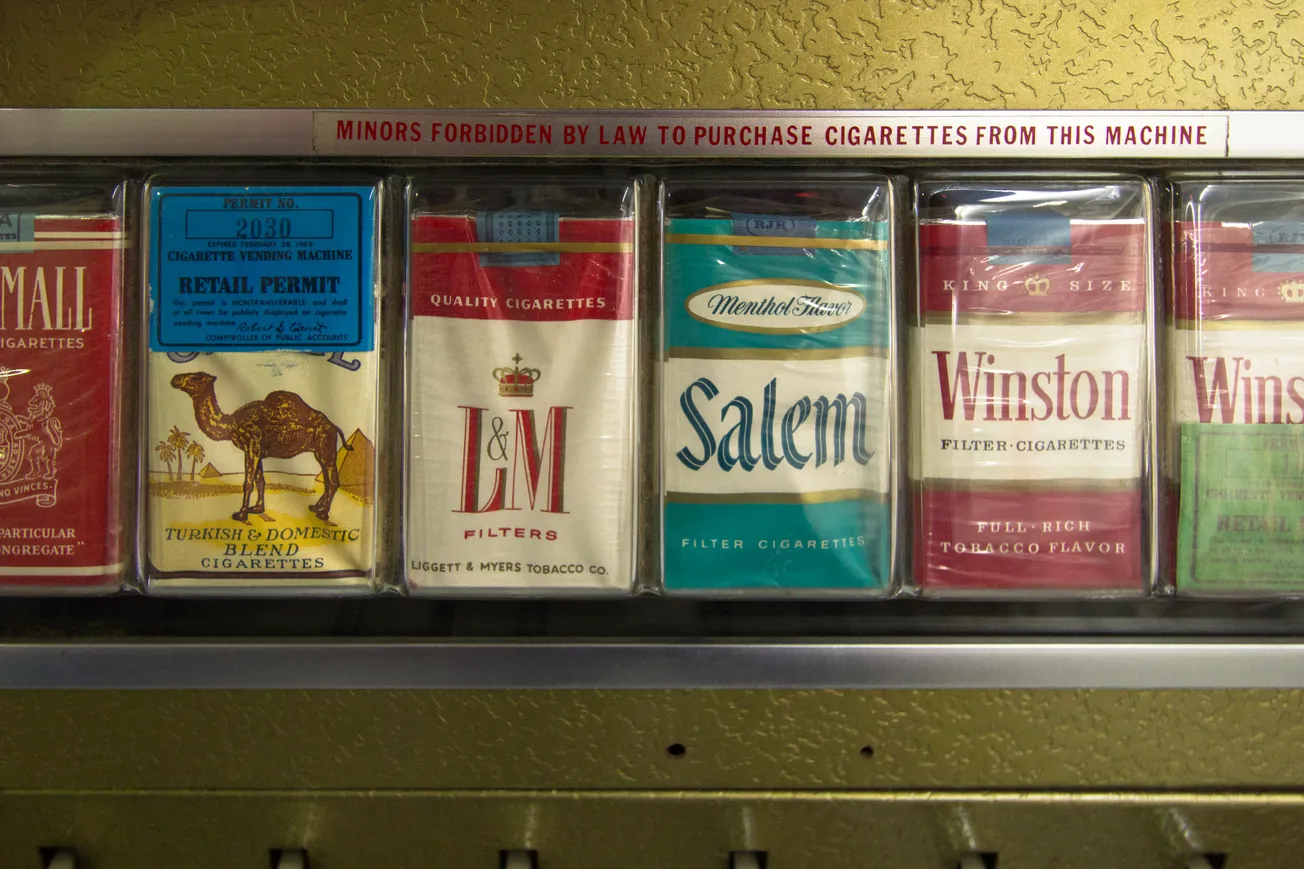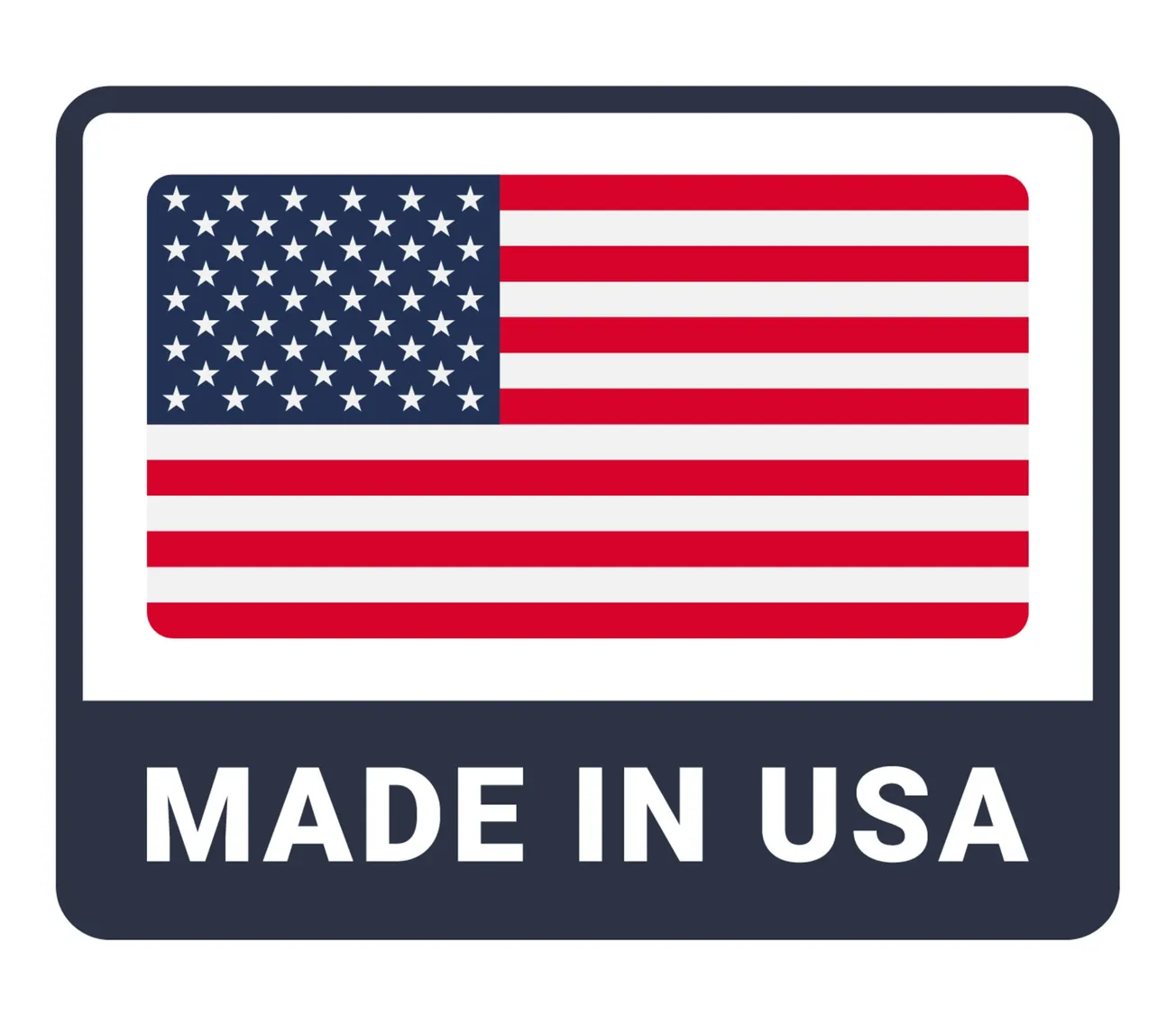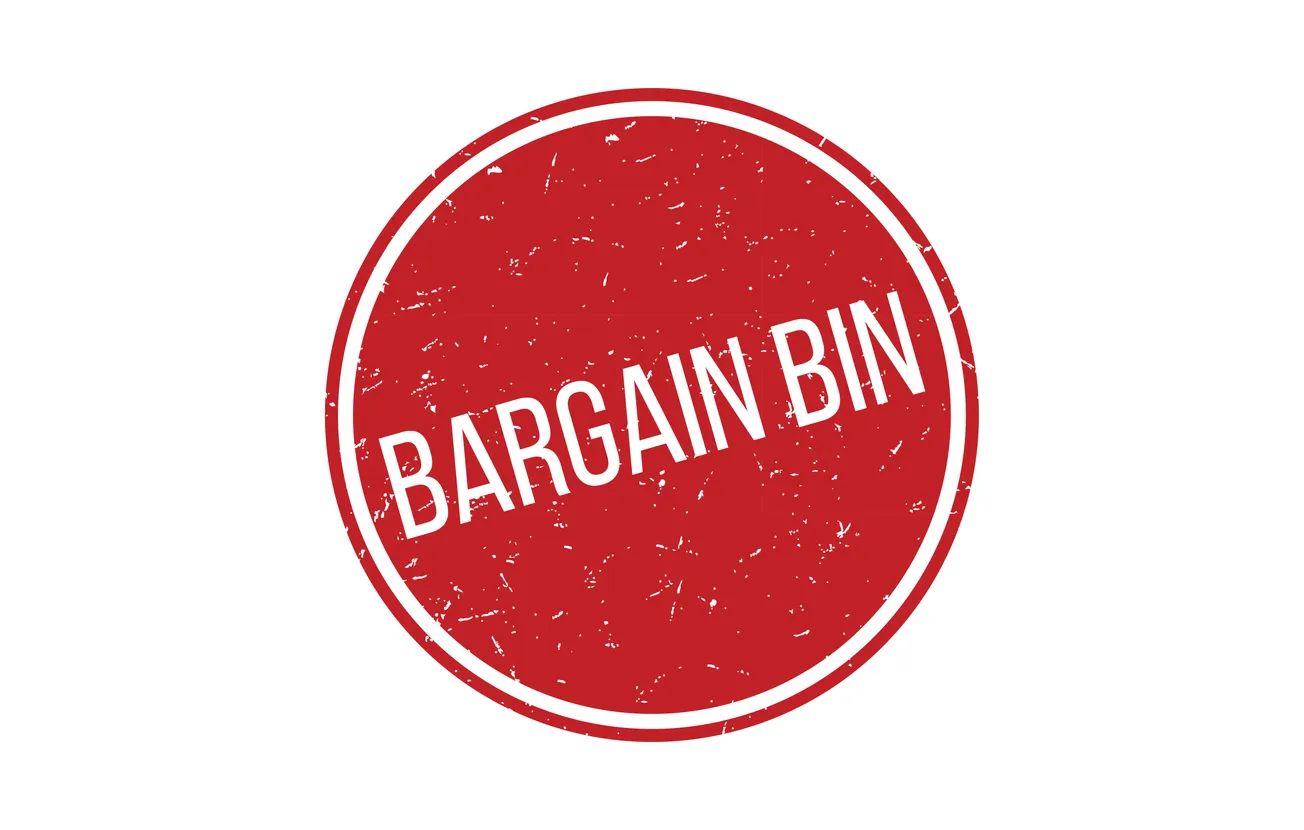The smoking lamp continues to dim for tobacco sales at major retailers.
Stop & Shop is the latest chain to kick the habit, announcing last week that they will discontinue tobacco sales at their 360 stores.
The landscape of tobacco sales in the retail industry has undergone significant changes, with many major retailers choosing to either reduce or eliminate tobacco products from their shelves. This shift reflects evolving retailer attitudes toward tobacco sales, driven by public health concerns, changing consumer preferences, and the desire to align with broader health and wellness trends.
In the early 2000s, tobacco products were widely available in nearly all major retail outlets, from grocery stores and pharmacies to big-box retailers. Tobacco sales were considered a significant revenue stream, particularly for convenience stores and pharmacies, which often relied on the consistent demand for cigarettes and other tobacco products. However, as awareness of the health risks associated with smoking increased, so did the scrutiny on retailers that profited from tobacco sales.
CVS was the first major retailer to make a bold move by discontinuing the sale of tobacco products in 2014. This decision was part of CVS’s rebranding as a health-oriented company, culminating in its rebranding to CVS Health. The decision was controversial, as tobacco products were a profitable category. However, CVS believed that continuing to sell cigarettes was inconsistent with its mission to promote health. The impact of this decision was profound: studies showed a decline in cigarette purchases in the markets where CVS operated, suggesting that removing tobacco from pharmacy shelves had a direct impact on smoking rates.
Walmart and Target have taken more gradual approaches. In the early 2000s, these retailers continued to sell tobacco products, but over time, they made changes to how and where tobacco was sold. Both companies implemented policies that restricted tobacco sales to specific areas within the store, often requiring age verification and limiting promotions. By the mid-2010s, Target took a more decisive step by removing tobacco products entirely from its shelves. Target's decision was influenced by a combination of public health advocacy and a desire to appeal to health-conscious consumers.
Walmart, while still selling tobacco products, has also taken steps to reduce its tobacco footprint. In 2019, Walmart raised the minimum age for tobacco purchases to 21 and discontinued the sale of e-cigarettes, which had become popular among younger consumers. These moves indicate Walmart’s recognition of the growing concerns around tobacco use and its impact on public health.
Kroger and Walgreens have maintained tobacco sales but have made changes in response to public pressure and regulatory changes. Kroger, for instance, announced in 2019 that it would stop selling e-cigarettes due to concerns about youth vaping. Walgreens, on the other hand, has faced criticism for its continued tobacco sales, particularly because of its identity as a pharmacy. However, like Walmart, Walgreens raised the minimum purchase age for tobacco to 21 and has gradually reduced the prominence of tobacco products in its stores.
The shift in retailer attitudes toward tobacco sales can be attributed to several key factors.
Public health campaigns and regulatory bodies began to hold retailers more accountable for their role in tobacco distribution. The introduction of stricter regulations, such as the Family Smoking Prevention and Tobacco Control Act of 2009, which gave the FDA authority to regulate tobacco products, further pressured retailers to reconsider their tobacco sales practices.
Over the past two decades, there has been a significant shift in consumer preferences, with more people prioritizing health and wellness. This change is reflected in the increased demand for organic foods, fitness products, and health-related services. Retailers have responded to these trends by aligning their product offerings with consumer values. For many, this has meant phasing out products that are seen as harmful, such as tobacco.
The rise of corporate social responsibility has also influenced retailer decisions regarding tobacco sales. Companies like CVS and Target have positioned themselves as leaders in health and wellness by removing tobacco from their stores, which has helped them build stronger brand identities aligned with positive social values. These decisions have often been accompanied by initiatives aimed at supporting smoking cessation.
While tobacco products were once a reliable source of revenue, the economic landscape has shifted. The profitability of tobacco sales has been undercut by declining smoking rates, increased taxation, and the rising costs of regulatory compliance. For some retailers, the financial benefits of continuing to sell tobacco have become less compelling, especially when weighed against the potential reputational risks and the opportunity to capture new markets in the health and wellness sector.
The combination of regulatory pressures, changing consumer attitudes, and the growing emphasis on corporate responsibility suggests that tobacco will play a diminishing role in the retail landscape.
The pace of this change may vary depending on the retailer and the market they serve. Convenience stores and gas stations, for example, may continue to sell tobacco products due to the significant portion of their revenue that comes from tobacco sales. Dedicated shops for cigars, cigarettes and other tobacco products also remain in the market.







